Summer School 2021
VirtualThe 2021 event took place from 1st to 3rd of September virtually, with all training sessions being broadcasted live on Zoom, giving everyone the...
The 2021 event took place from 1st to 3rd of September virtually, with all training sessions being broadcasted live on Zoom, giving everyone the...
The Open Data Science Europe Workshop will be held at the Wageningen International Conference Center (WICC). Abstract submission deadline: 1st of May 2021 Registration deadline: 1st of July 2021...
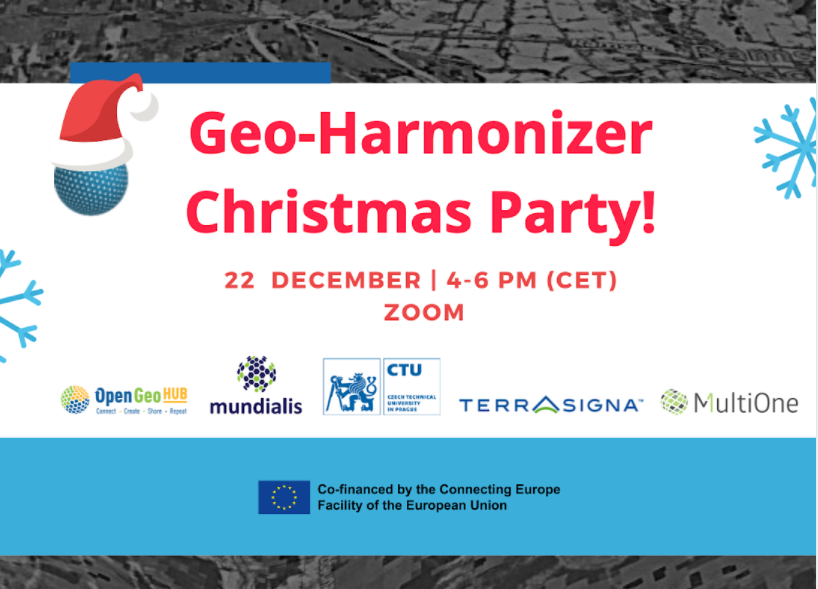
The Geo-harmonizer consortium is organizing the Geo-Harmonizer Christmas Party on Wednesday 22nd December, from 4 - 6 PM (CET) to celebrate the end of the year and the achievements of our project in 2021.
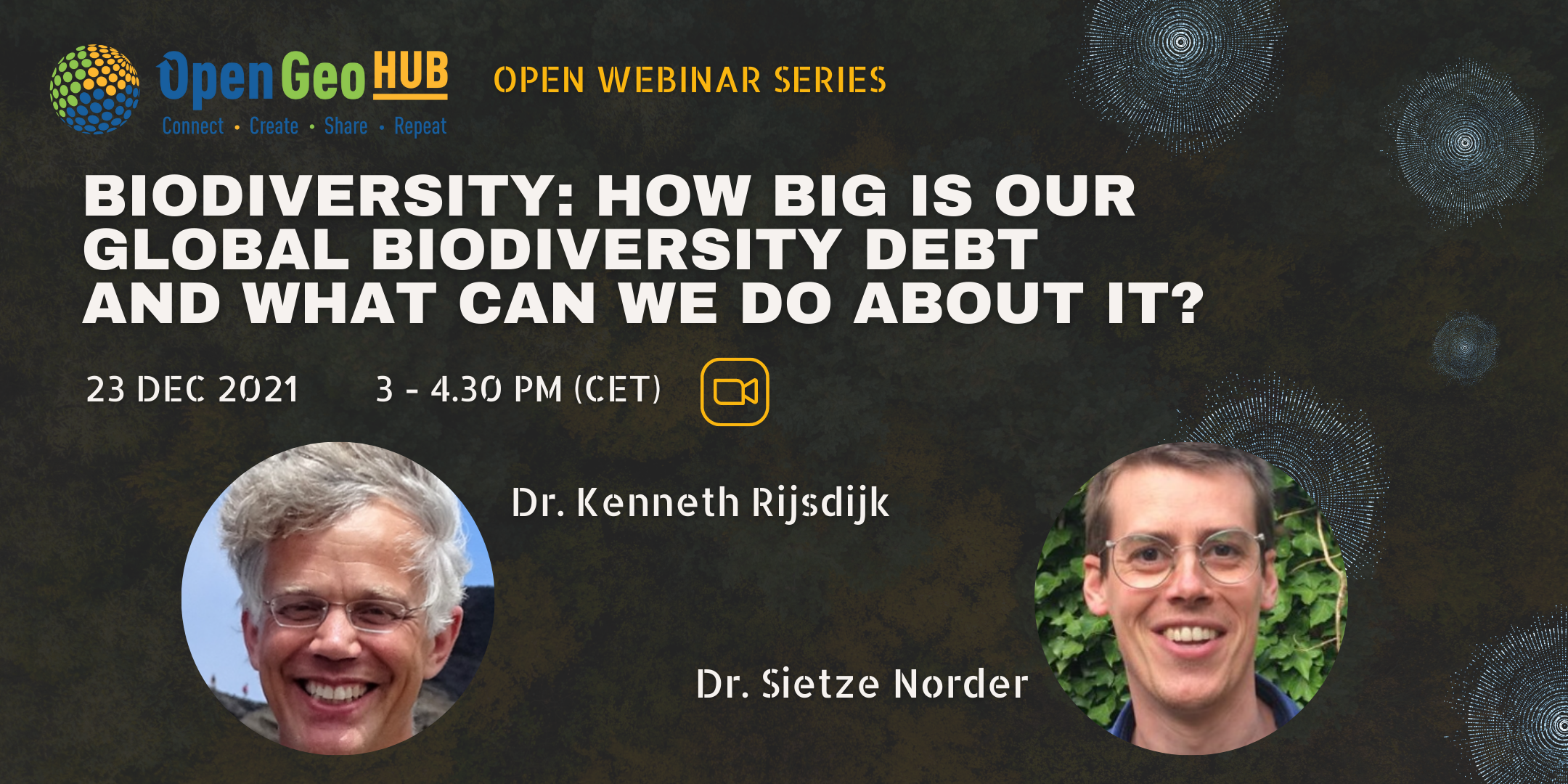
We have only a few decades to reverse the negative trends and start valuing biodiversity realistically. i.e. using financial damages and risks also affecting the next generations. But how to measure biodiversity and what is our global biodiversity debt? How much can we learn from the further and closer past? Two biodiversity scientists from the University of Amsterdam and Leiden join us to discuss their discoveries with modelling species dynamics through time using historic data and biogeography.
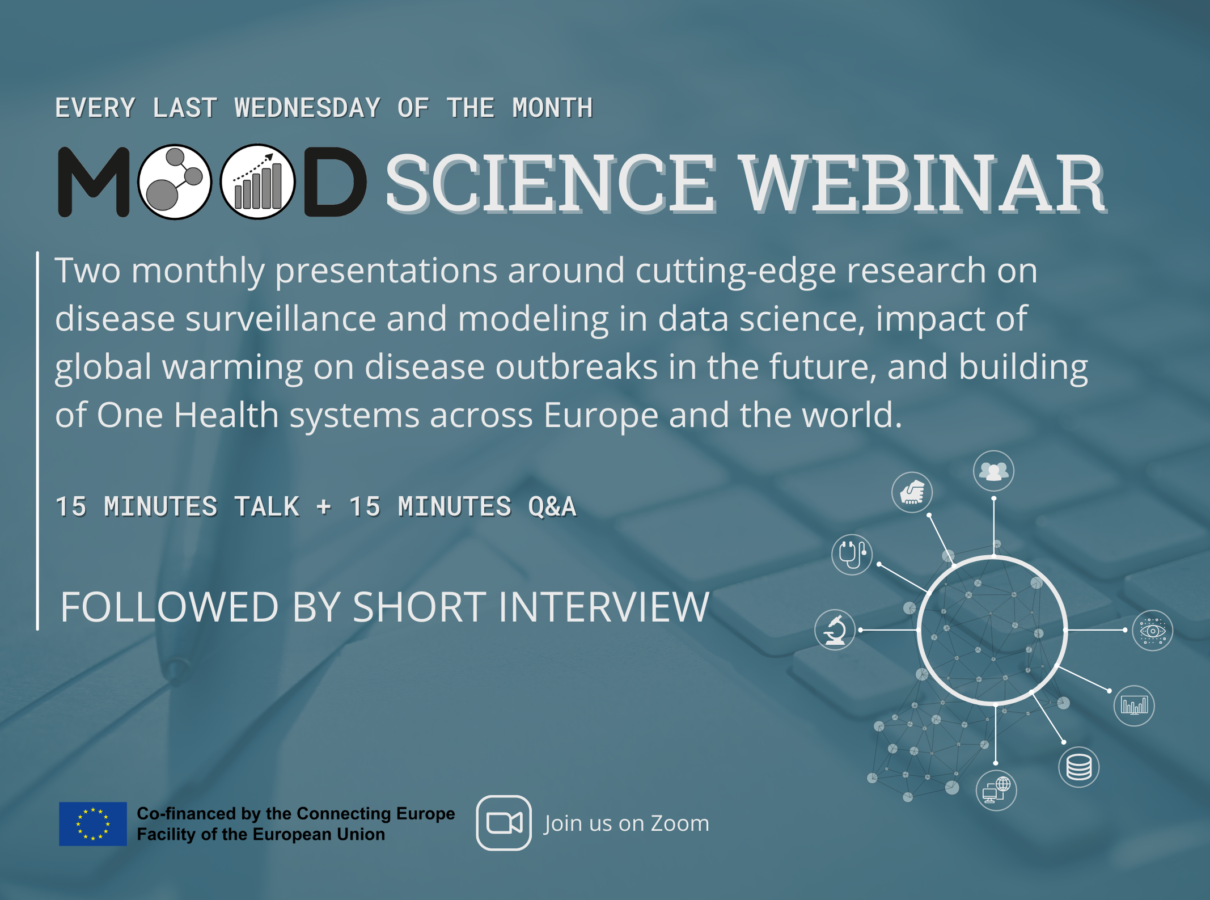
Every last Wednesday of the month, as part of the EU-H2020 MOOD communication and dissemination activities, OpenGeoHub hosts a series of science webinars inviting two leading experts to share their research work on disease surveillance and modelling in data science, the impact of global warming on disease outbreaks, and the building of one-health systems across Europe and the world. With the MOOD science webinars, we aim at bringing the leading scientists and professionals in the field to discuss important recent discoveries and discuss implications of their work.
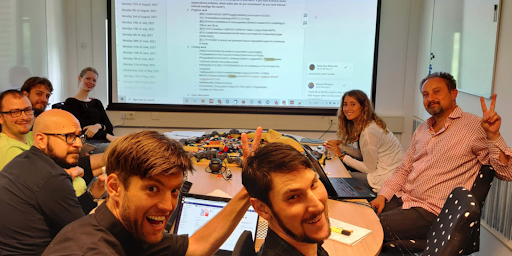
Last call to apply for the OpenGeoHub vacancies: Post-doctoral data scientist: Geocomputation for global environmental monitoring Research assistant / PhD candidate: Geocomputation for econometric...

the European Space Agency’s 2022 Living Planet Symposium focuses on how Earth observation contributes to science and society, and how disruptive technologies and actors are changing the traditional Earth observation landscape, which is also creating new opportunities for public and private sector interactions.
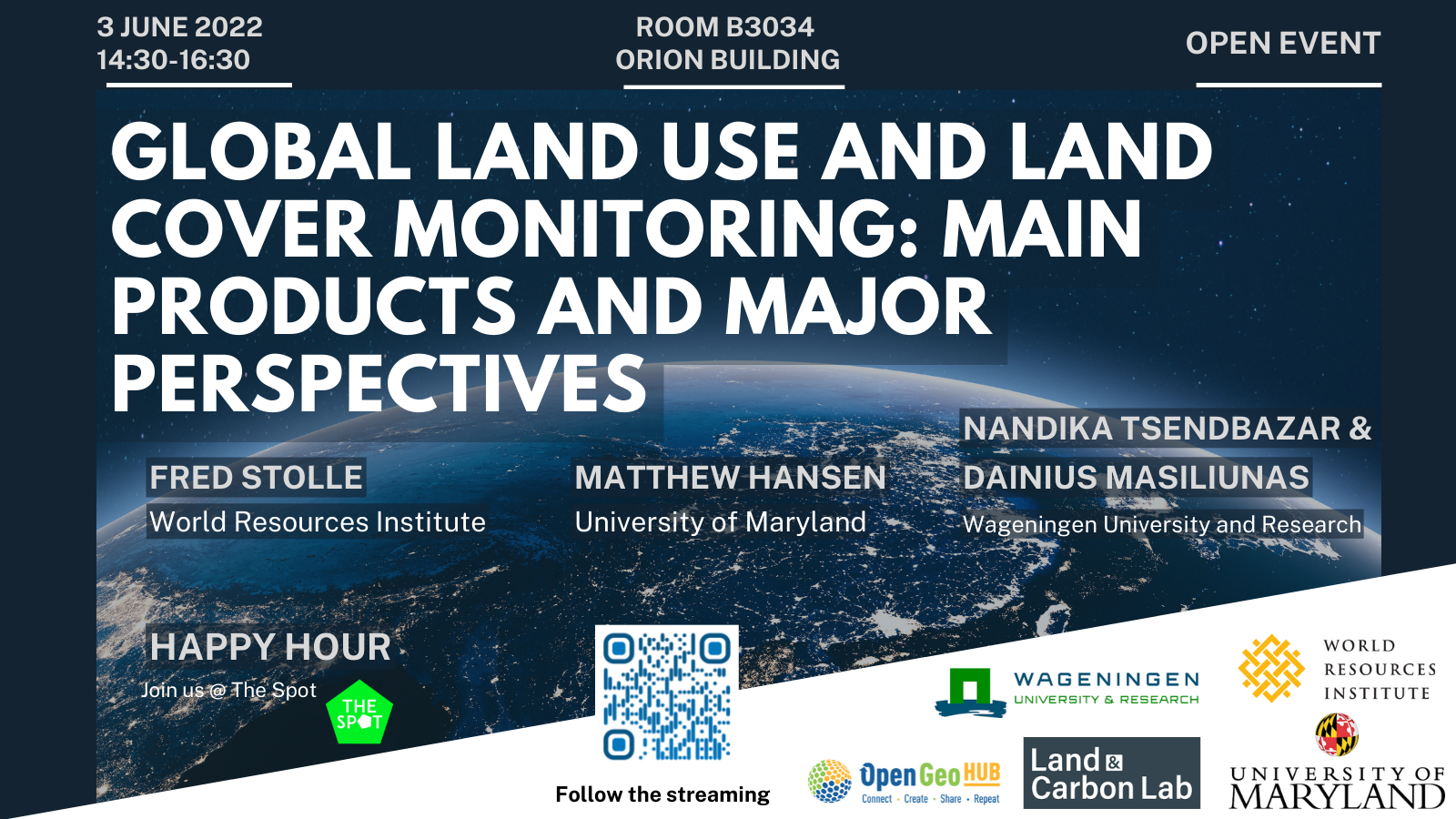
About: As the global population grows, humankind continues to modify the land use and land cover (LULC) of the planet mainly motivated by the...
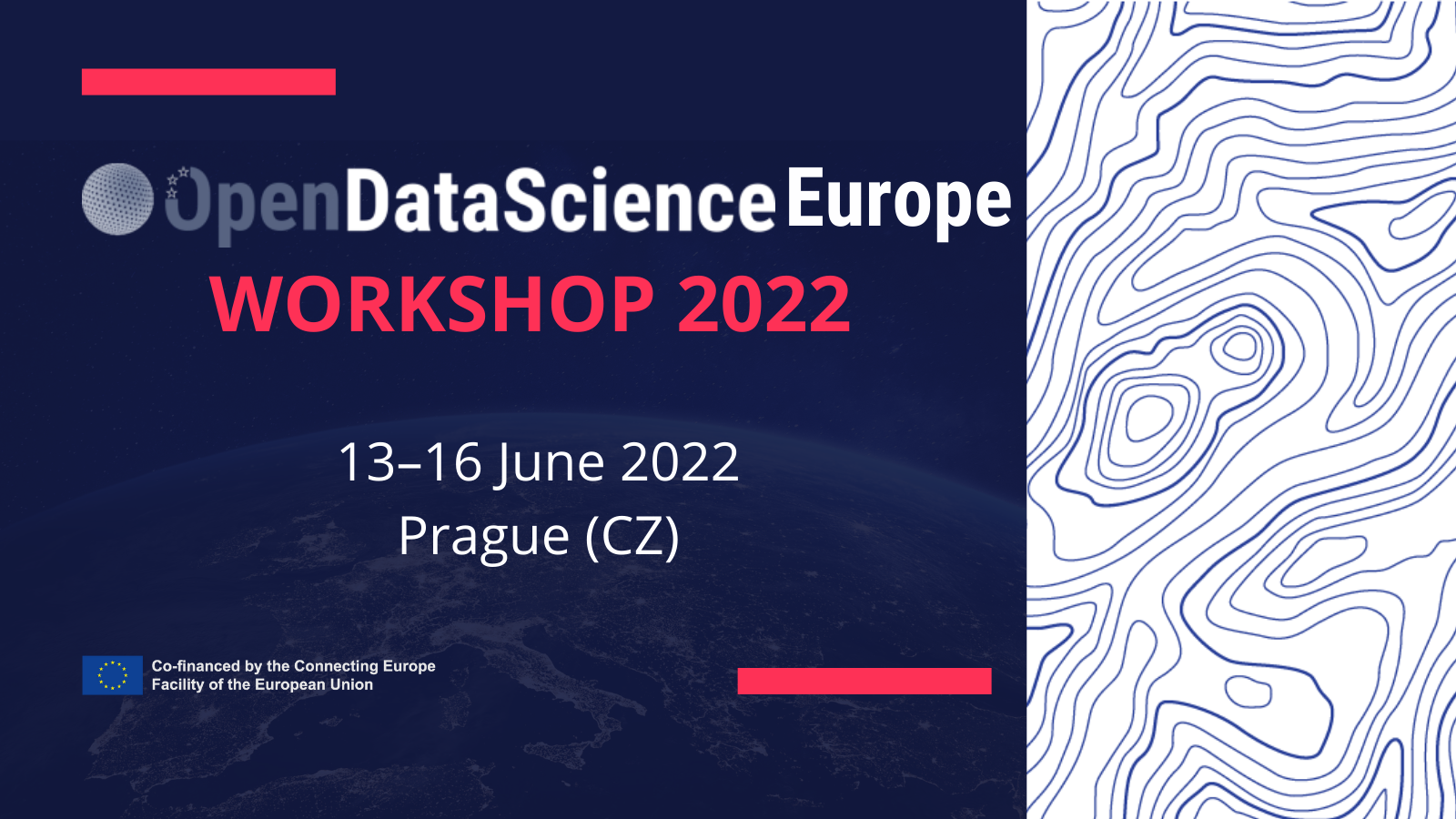
The workshop is part of the activities within the framework of Geo-harmonizer: EU-wide automated mapping system for harmonization of Open Data based on FOSS4G...
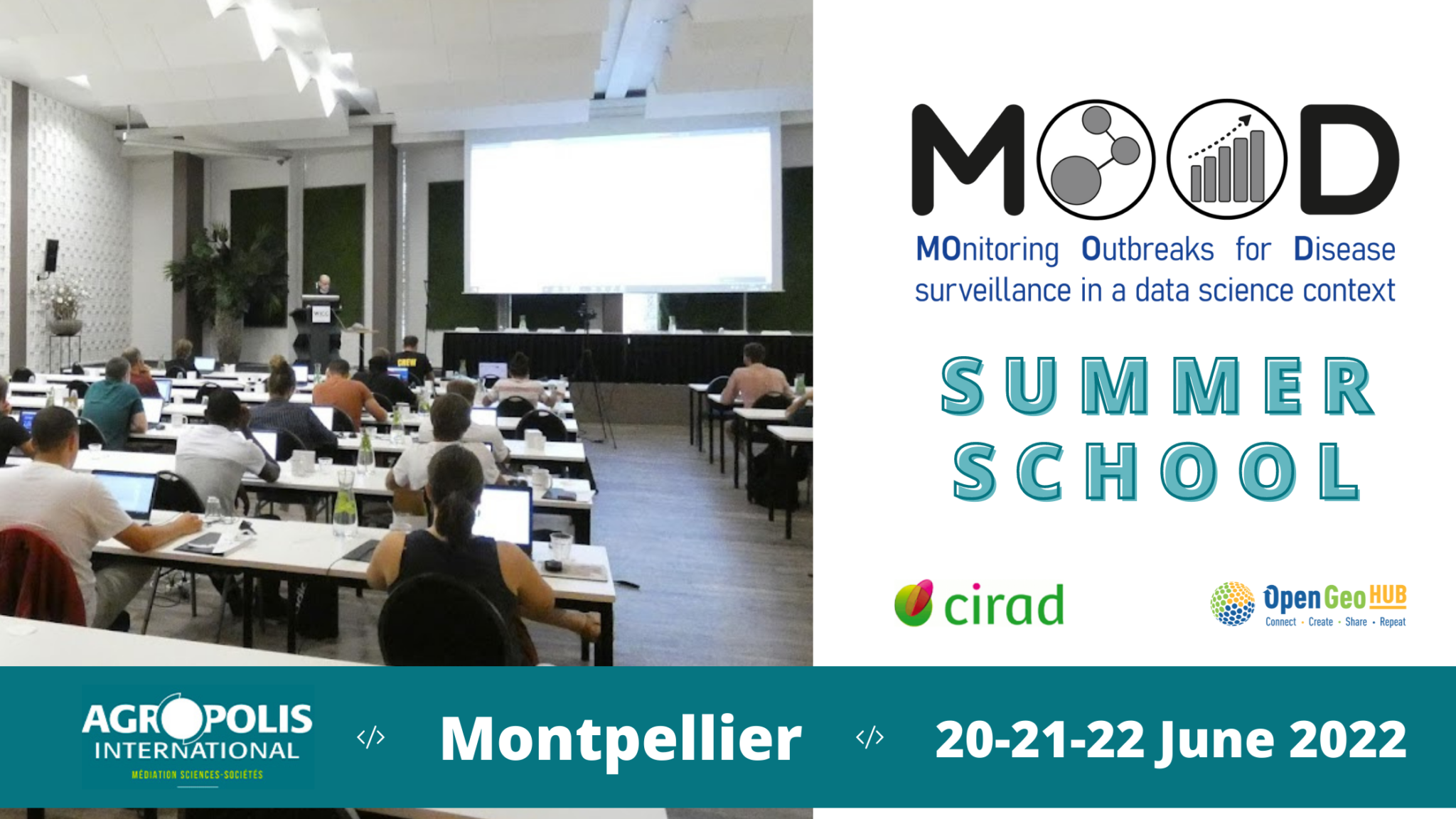
To support the uptake of the Horizon-2020 MOOD project's innovations, WP6 led by OpenGeoHub will implement a dynamic knowledge transfer and capacity building addressing...
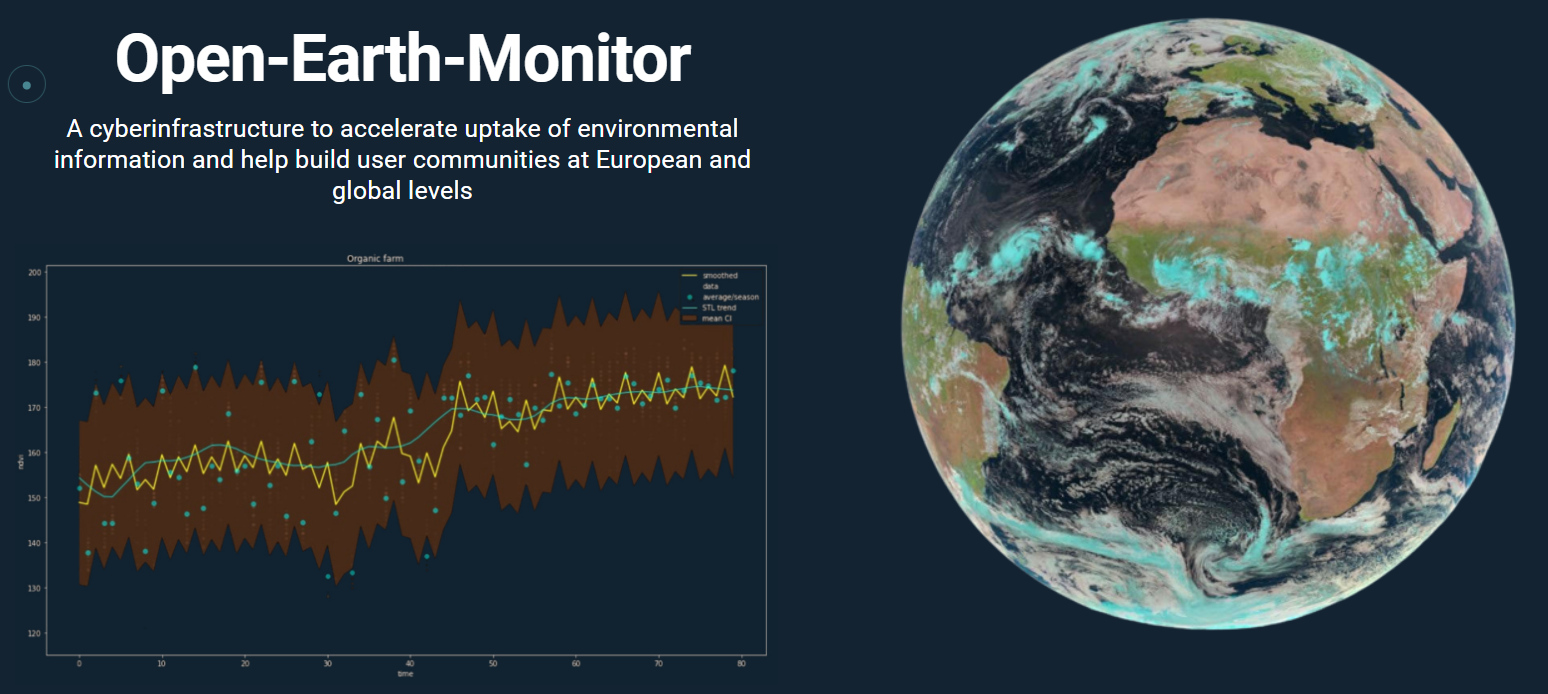
A cyberinfrastructure to accelerate the uptake of environmental information and help build user communities at European and global levels Horizon Europe > CL6-2021 >...
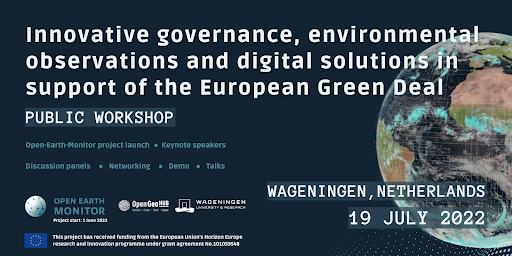
Open-Earth-Monitor is a Horizon Europe project gathering a consortium of 23 organizations across Europe and beyond. The mission of the Open-Earth-Monitor project consortium is...